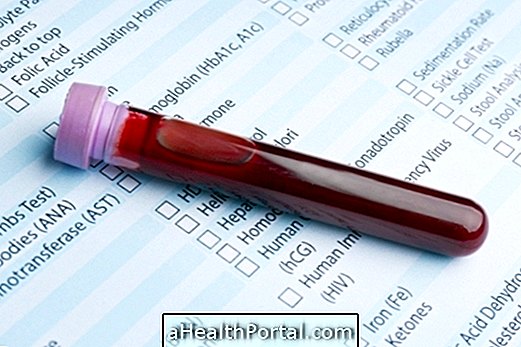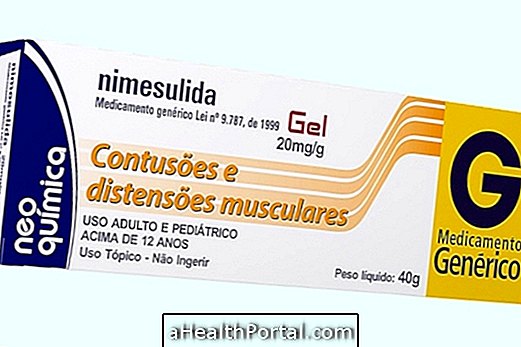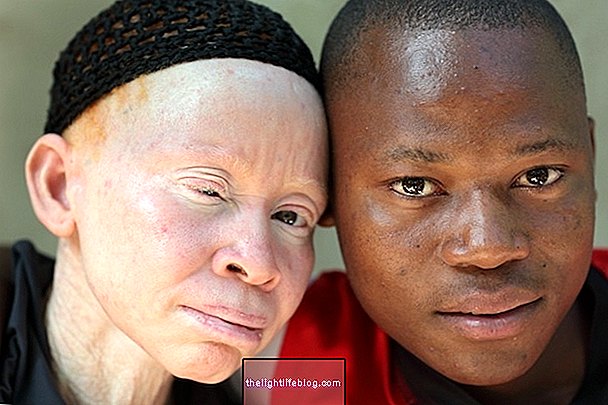MRI can be used to diagnose more specific diseases like occult spina bifida or brain lesions, for example, and is therefore widely used to replace other, simpler diagnostic tests such as ultrasound or x-ray.
However, although magnetic resonance imaging seems more complicated and requires more preparation, it presents few risks for the child because it is a painless examination that does not need to be done with general anesthesia, and only a mild sedative is used in children under 4 years of age. fall asleep and make the experience more enjoyable.
How to prepare baby for MRI
Baby or infant preparation should begin the day before the exam to ensure the success of the resonance and prevent it from being repeated.
The day before the exam
The day before the test, it is important to let the baby sleep less hours than you are accustomed to, to sleep during the examination. A good tip is to lay the baby one hour later than usual and wake him an hour early.
In addition, it is important to respect fasting if sedation is necessary by avoiding the presence of food in the stomach that can be aspirated into the lungs while the baby sleeps. Thus, the recommended fasting times are:
- 6 hours before the examination: do not offer any food, but can give breast milk, water, tea with or without sugar or homemade whey .;
- 4 hours before the test: offer only water, tea or homemade serum;
- 2 hours before the exam: do not offer any type of food or liquid.
In this way, to prevent the baby or child from becoming dehydrated due to fasting, you can go offering water or homemade serum until 2 hours before the exam. Here's how the whey is made: Homemade whey recipe.
In some cases, your pediatrician may advise that you prepare for the test at the hospital, so your baby may need to be admitted to the hospital for a few hours before the test. However, at least one parent is also allowed to stay in the hospital.
On the day of the exam
On the day of the examination, if there was no need for hospitalization, it is advised to arrive at the hospital 30 minutes before the MRI so that the medical staff can adequately prepare the baby and allow the child time to adapt to the hospital environment and stay longer. calm.
On this day, the baby should not wear clothes with locks, pins or other metals because the MRI machine uses magnets that can tear off this type of material and can hurt the child. However, all children and infants are seen by a nurse to ensure that there are no metals in the clothing or metal implants in the child, such as a pacemaker or bone prosthesis, for example.
After the preparation, the nurse will give the sedative, in the form of syrup, that must be ingested by the baby a few minutes before beginning the examination to avoid getting agitated inside the machine and change the results, forcing it to repeat the resonance.
During MRI, parents can stay close to the baby to ensure their safety and avoid anxiety, but should also remove all objects with metal, such as watches, glasses or rings.
After the exam
After magnetic resonance imaging, it is normal for the child to wake up for about 2 hours and can be hospitalized during this time until he or she awakens and is able to nurse or eat without vomiting.
Thus, the baby usually returns home on the same day, but may experience more drowsiness during the first 24 hours due to the effect of sedation, and it is recommended to increase attention during this period and avoid leaving the child playing alone.
However, the baby can go to kindergarten, kindergarten or school 2 days after the examination because the effects of sedation have disappeared and no further special care is needed.



















